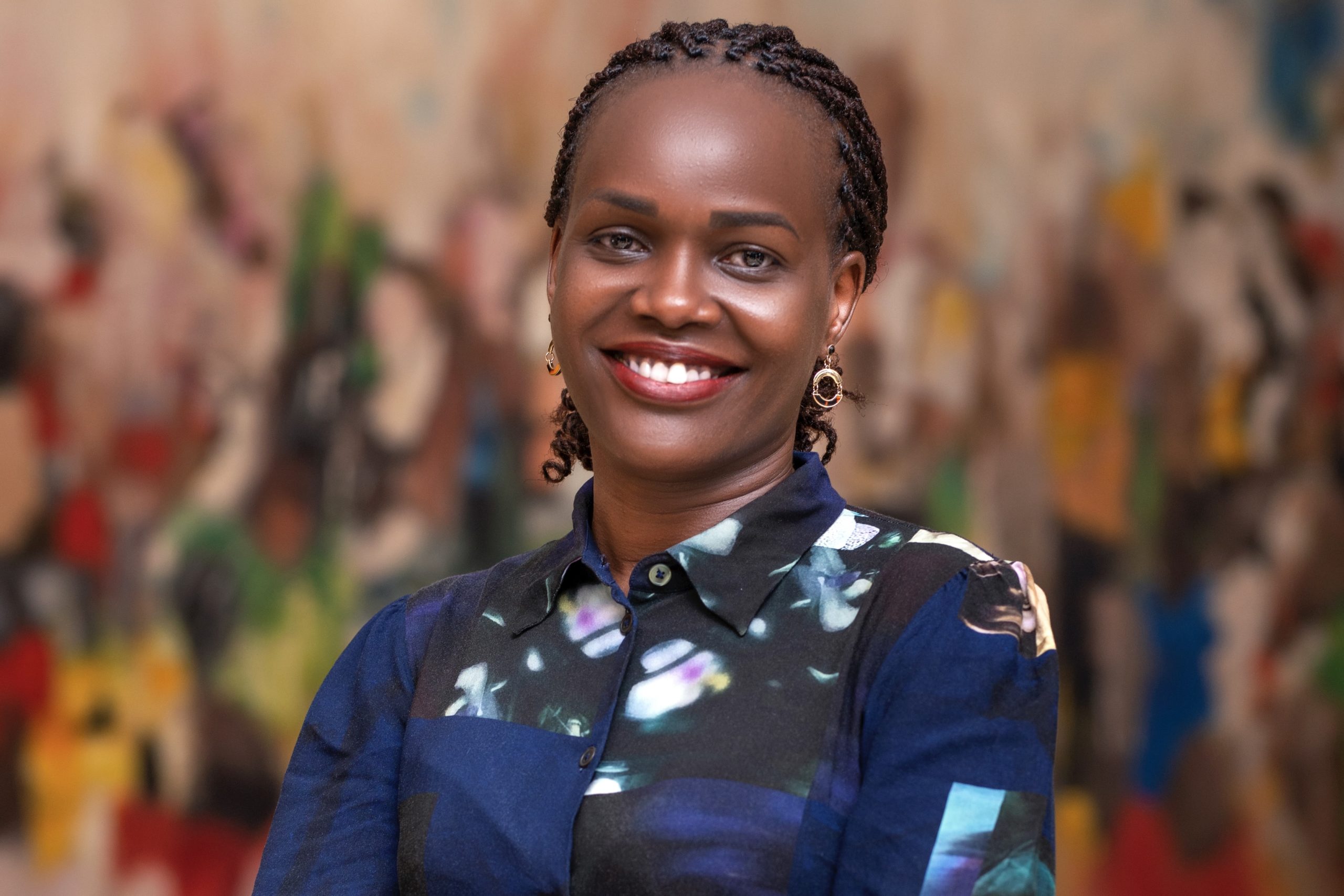Prime
Why Museveni is big on rhetoric, weak on execution

Author: Moses Khisa. PHOTO/FILE
What you need to know:
- Mr Moses Khisa says: He is a philosopher king of sorts who makes any declaration, however ludicrous, and Ugandans fall on each other in awe.
Last week, our ruler of more than three decades, the Ssabalwanyi Yoweri T.K. Museveni, declared that Uganda would soon produce its own vaccines against the Covid-19 pandemic and thereby end dependence on external benefactors. He gave no details on how this would be possible.
Anyone who knows anything about processes of vaccine production must have found Museveni’s utterances baffling and bewildering.
A country that struggled to make enough masks for the public will need many decades to produce a vaccine.
In the early stages of the pandemic last year, Uganda was on top of the situation, for the most part. Cases were few and fewer people got sick as to need hospitalisation. There was a lot to celebrate. Mr Museveni himself deserved some credit despite weaponising the pandemic and turning it into a security threat rather than the public health emergency it is.
But then the country let its guard down. The political campaign season took over and all focus was on Mr Museveni fending off the latest challenge to his tenuous hold on power. Elections came, the winners got frenzied. We had all manner of unnecessary ceremonies of those assuming power including a whole week of swearing-in members of Parliament, a staggering 529 human beings representing a mere 40 or so million people in a country whose net worth is a tiny fraction of one American company.
Worse, we had the usual shameless thieving and blatant thuggery as pandemic funds, some borrowed and others donated, were swindled with ease.
Perhaps the most depressing aspect is the surreal revelation earlier this week that some Ugandans received injections but did not get an actual inoculation: they got jabbed but not vaccinated. This underscores, quite graphically, the depravity at the heart of today’s Uganda for which Mr Museveni is in the driver’s seat.
With the country now in the eye of the storm as the pandemic is on rampage, Mr Museveni is content with facetious rhetoric that leads him to announce that the country will soon have its own vaccines. This is the same Museveni who for decades has lamented about how Uganda (and Africa) donates wealth and jobs to the West (and increasingly to China) by exporting raw materials, but he has done almost nothing to cure this glaring tragedy.
When it comes to articulating issues and defining problems, Museveni is unbeatable. It is him who more than 30 years ago accurately defined Africa’s problem as leaders who do not want to leave power!
He has spoken poignantly and passionately about the necessity of a united and integrated Africa so as to tackle common problems of security, underdevelopment and countering external exploitation. You can go on and on.
But that is pretty much where Mr Museveni excels and ends. In practice, he has presided over decay and dysfunction of extraordinary proportions. He has been precisely the problem of Africa, of leaders who do not want to leave power. His government is incapable of accomplishing very basic tasks like conducting an efficient nation-wide vaccination.
One very ordinary road around Kampala, called the ‘northern bypass’, which elsewhere would be completed in less than a year, has been under construction for almost 20 years.
Why does Museveni get away with so much big rhetoric and very little substantive execution? Part of the reason is that he has succeeded in placing himself above and beyond any institutional authority and sees himself through the prism of a saviour who knows it all and cannot be questioned.
He is a philosopher king of sorts who makes any declaration, however ludicrous, and Ugandans fall on each other in awe. He believes he knows every problem and can define the solution even though he cannot implement it. Problem is, that is all he can do.
In practice, Mr Museveni has little regard or respect for building systems and processes for getting things done. He has monopolised and personalised public affairs in a way that leaves no room for independent institutions capable and competent enough to produce results.
Worse, his long rule has produced a rusty public sector where schemers and mafias are able to siphon resources with impunity. Mr Museveni helplessly laments on because the thieves in part work for his continued stay in power, meaning he too is a beneficiary of the looting and can be blackmailed, but also because corruption has been so decentralised and made pervasive, it is simply difficult to fight it.
In all this sad situation, our ruler is only able to offer empty public pronouncements and declarations.




